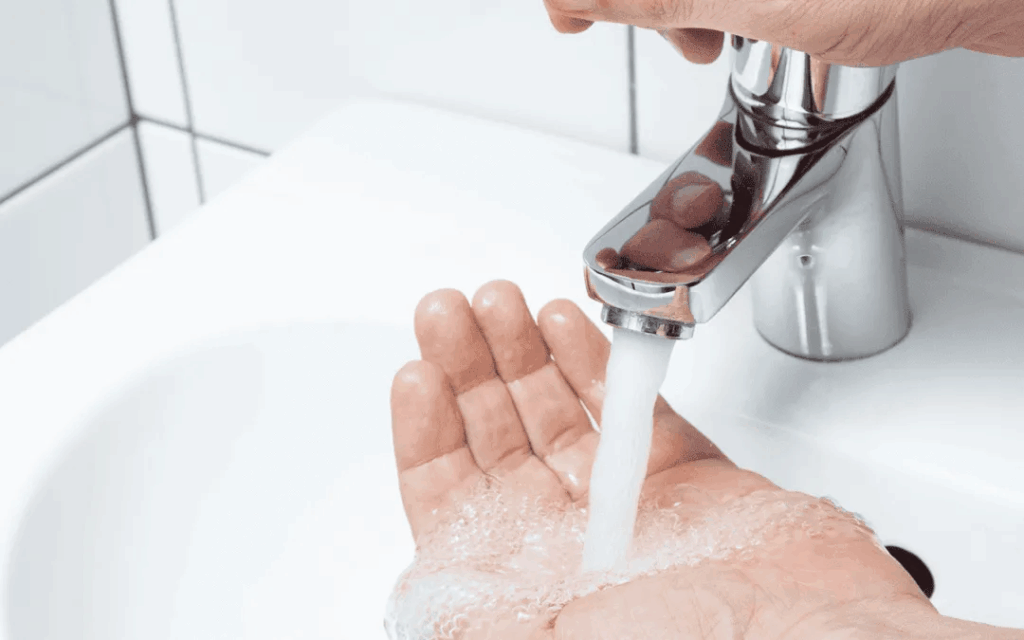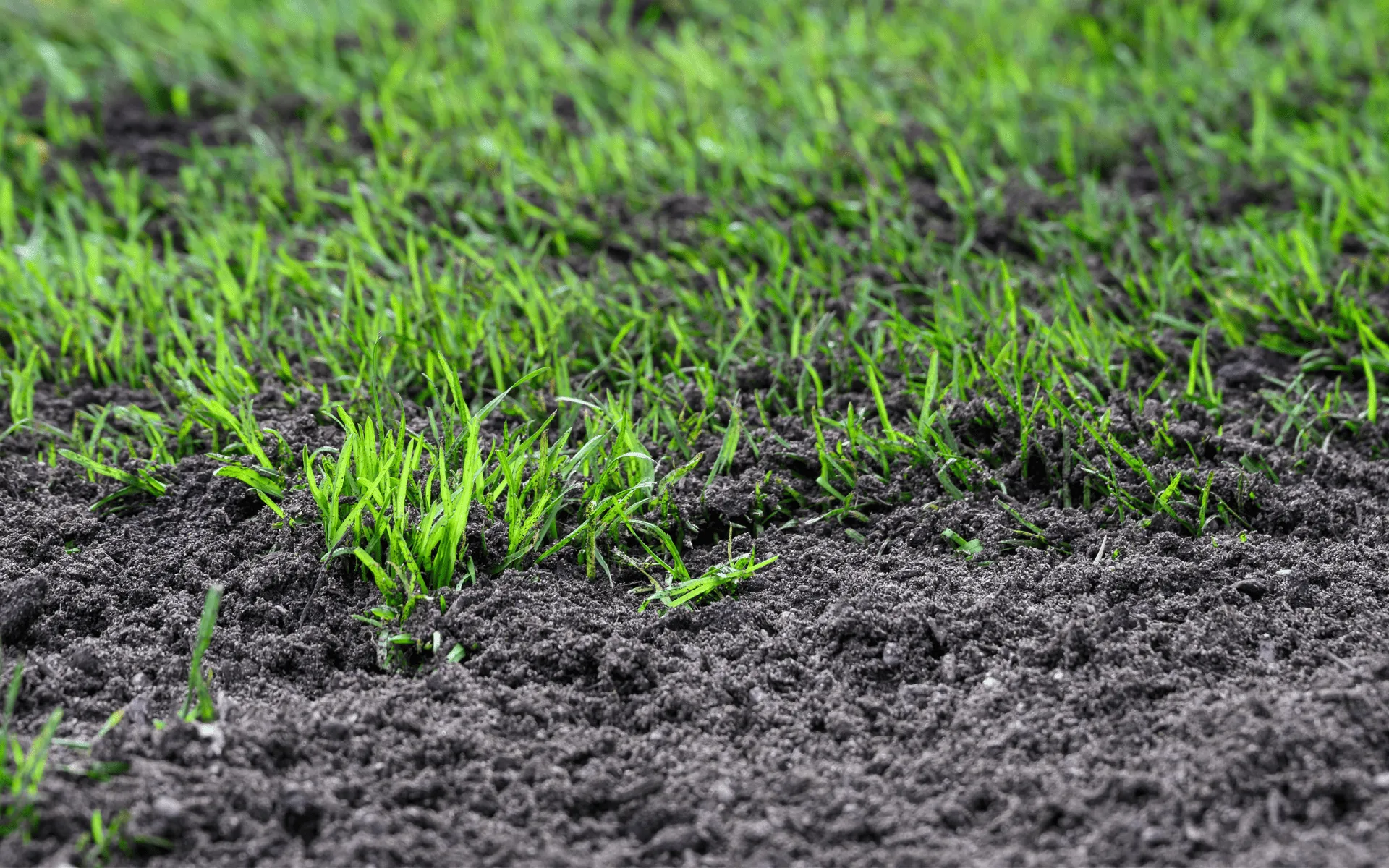
For many families, winter is when hot water systems are pushed to their limits, supplying longer showers, more frequent laundry cycles, and heavier dishwashing demands. Without proper maintenance, even reliable units can struggle to keep up, leaving homeowners facing cold showers or expensive emergency repairs at the worst possible time.
Servicing your hot water system before winter is one of the smartest preventative measures you can take. It ensures efficiency, reduces the risk of breakdowns, and helps extend the life of your system. Whether you rely on a gas hot water system, an electric storage unit, or a modern heat pump, seasonal maintenance pays off in both comfort and savings.
Energy Efficiency and Rising Bills
Hot water heating already makes up a large share of household energy costs, and in winter, this burden only increases. An unmaintained system has to work longer to heat water, consuming more electricity or gas than necessary. Leaks, sediment build-up, and worn-out components quietly push energy bills higher, even if your usage habits stay the same.
Regular maintenance ensures your system is running at peak efficiency. For example, flushing sediment from a storage tank improves heat transfer, while replacing a worn thermostat restores accurate temperature control. These small actions directly reduce wasted energy, helping to offset the higher costs of winter utility bills.

The Role of Professional Servicing
While there are small checks homeowners can do themselves, such as inspecting for leaks or listening for unusual noises, professional servicing is essential. A qualified technician can carry out tasks that extend the life of the system and ensure safety, such as:
- Flushing the tank to remove sediment.
- Testing pressure relief and temperature valves.
- Checking sacrificial anodes in storage tanks to prevent corrosion.
- Inspecting and cleaning gas burners for efficient combustion.
- Assessing insulation on pipes and tanks.
- Verifying thermostat accuracy and system controls.
Professional servicing not only prevents breakdowns but also helps ensure compliance with safety standards. Gas hot water systems, in particular, should always be checked by licensed professionals due to the risks associated with combustion and gas fittings.
Why Gas Hot Water Systems Still Need Attention
Gas hot water systems are often considered low-maintenance, but they are not immune to winter strain. Pilot lights can fail, burners can become clogged, and heat exchangers can lose efficiency over time. When these issues go unchecked, households may face inconsistent water temperatures or reduced flow rates just when demand is highest.
Servicing a gas hot water system before winter ensures all components are in safe working order, prevents unexpected shutdowns, and keeps energy use under control. For households that rely heavily on daily hot water, this peace of mind is worth the small investment in seasonal maintenance.
Electric Storage Hot Water and Winter Pressures
Electric storage systems are particularly vulnerable in winter. Not only does colder inlet water increase heating times, but sediment build-up inside tanks reduces the system’s efficiency. If the unit relies on off-peak electricity tariffs, recovery can take hours, meaning a shortfall in supply during the day.
Without pre-winter servicing, families often find themselves waiting for hot water or running the system at higher costs. Professional maintenance ensures heating elements are functioning correctly, thermostats are calibrated, and tanks are free from heavy sediment deposits. This preparation makes a noticeable difference in both supply and operating costs during colder months.
Pipe Insulation and Heat Loss Prevention
Even the best-maintained hot water system can waste energy if pipes and tanks are exposed to cold weather. Heat loss is a major contributor to inefficiency in winter, particularly if the unit is located outside or in an uninsulated area.
Adding insulation to pipes and fitting a tank cover are simple upgrades that reduce heat loss and improve system performance. During a professional service, a technician can recommend and install suitable insulation to ensure your system holds its heat longer, reducing both energy waste and waiting times for hot water.

Signs It’s Time for an Upgrade
For some households, maintenance may reveal that the hot water system is nearing the end of its life. Units over ten years old often show signs of wear such as repeated leaks, frequent repairs, or rising energy bills. While servicing can extend their use for a time, replacement may be the more cost-effective solution.
Modern gas hot water systems and heat pumps offer much higher efficiency and improved reliability compared to older models. If your current system is struggling every winter despite regular servicing, an upgrade ensures long-term savings and comfort.
A Smart Seasonal Routine
Just as homeowners service their heaters before the cold months, hot water systems deserve the same attention. A well-timed check-up prepares the unit for heavier use, improves efficiency, and gives peace of mind. For Australian households, where winter mornings can be particularly harsh, the value of reliable hot water cannot be overstated.
The key takeaway is simple: servicing your hot water system before winter is not an optional extra — it’s an essential step in home preparation. Whether you have a gas hot water system or an electric storage unit, scheduling maintenance now ensures you enjoy uninterrupted comfort all season long.










